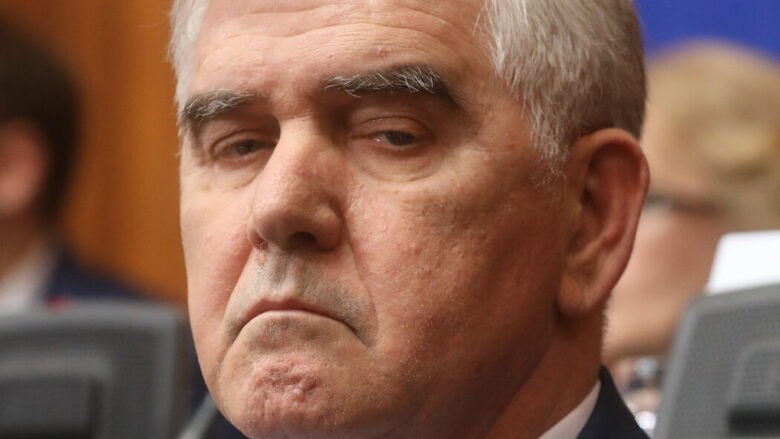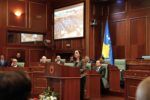Demo Berisha, newly appointed Minister for Human and Minority Rights in the Government of Serbia, has provoked a political and moral storm after expressing support for the administrative reduction of the Albanian population in Presheva and Bujanoc, two key Albanian-majority municipalities in the Presevo Valley.
In a televised interview, Berisha controversially praised Medvegja, where the Albanian population has drastically declined, as a model for improved interethnic relations—implying that the same outcome is desirable for Presheva and Bujanoc. He labeled these two municipalities as “problematic” and suggested that lowering the Albanian presence would lead to greater harmony.
Ethnic Cleansing by Bureaucracy?
Former head of the Albanian National Council, Ragmi Mustafi, accused Berisha of endorsing ethnic cleansing through administrative means, such as the passivization of Albanian addresses—a practice previously condemned by the Helsinki Committee in Belgrade.
“This is not governance, it is systemic erasure,” said Mustafi. “Presheva and Bujanoc are seen as targets for ethnic diminishing, wrapped in the language of policy.”
Mustafi underscored that Berisha is also a co-architect of the local power coalition in Bujanoc, making his comments even more dangerous, especially as he claims that Bujanoc is already ‘on the right track’ toward completion—a chilling statement interpreted as further reduction of the Albanian presence.
A Minister Against His Own Identity?
Berisha, an ethnic Albanian who does not recognize Kosovo’s independence, has long been criticized for his anti-Albanian positions. His appointment has drawn severe criticism from Albanian MP Shaip Kamberi, who called it a deep betrayal of the decades-long struggle for minority rights in Serbia.
“Berisha is not a defender of human rights but a symbol of identity erasure,” Kamberi declared, adding that this appointment is a grave insult to every Albanian who has resisted oppression.
This development raises urgent questions about minority protection, ethnic balance, and the use of institutional power to quietly alter demographic realities under the guise of policy reform.







